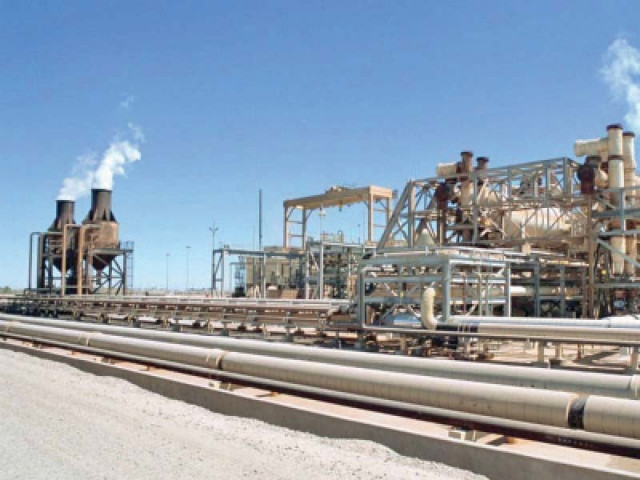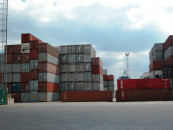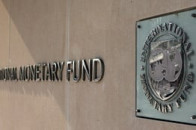90% Sindh-Balochistan industries shut down
Business leaders demand policy over borrowing, urge govt to slash gas tariffs

Industrialists have claimed that almost 90% of industries in Karachi and other industrial zones of Sindh and Balochistan remained closed on Monday to protest against higher gas tariffs.
“Almost 90% of industries in all seven industrial zones of Karachi, along with other trade bodies and industrial zones of Sindh and Balochistan, including Lasbela Chamber of Commerce and Industry (LCCI), Nooriabad, Kotri, and Hyderabad, have shut down in solidarity with the Karachi Chamber of Commerce and Industry (KCCI),” Businessmen Group (BMG) Vice Chairman Jawed Bilwani said while addressing journalists at a press conference in the conference hall of the SITE Association of Industry (SAI).
He reiterated that business leaders in Karachi demand the government scale down gas tariffs to Rs1,350 per mmBtu, as already determined by the Oil and Gas Regulatory Authority (OGRA), including a 22% profit for Sui Southern Gas Company (SSGC).
He expressed that if industries are burdened with all expenses and cross-subsidy, it would be extremely challenging for industrialists to run factories and generate jobs. Bilwani lamented the focus of every government on borrowing instead of working to boost exports and industries. He criticised the caretaker government for struggling to attract foreign investments while neglecting initiatives to enhance industries and exports for job creation.
The new gas tariffs are deemed unaffordable, and industrialists find it challenging to run units properly at the newly-imposed rates. Bilwani emphasised the unfairness of supporting fertiliser, power, and domestic sectors while neglecting industries, which drive the economy, despite several appeals. He expressed disappointment that no policy maker or cabinet member has approached them for a meeting to address this burning issue. The new gas tariffs, ranging from Rs2,100 to Rs2,600 per mmBtu, are unbearable and unacceptable. Bilwani stated that if industries run, they will have to suffer, and if industries are closed, the government has to suffer. Plans for a comprehensive strategy will be developed after consulting all members in the coming days. However, starting tomorrow, industries will resume operations as usual.
In response to a question about setting a new record in the local stock market following improvements in the national economy, Bilwani noted that the vast majority of buyers are sponsors in the market, contributing to its rise.
Read: FPCCI urges govt to halt gas tariff hike
Seconding the demands and views of other industrialists, SAI President Muhammad Kamran Arbi emphasised that government officials must approach industry leadership to confer with them for the amicable and immediate resolution of issues. He called for the promised winter package to support incremental electricity consumption during the winter season.
OGRA chairman at FPCCI
Meanwhile, in response to queries at the Federation of Pakistan Chambers of Commerce and Industry (FPCCI), OGRA Chairman Masroor Khan briefed the media on the mechanism of gas tariffs.
“OGRA reviews revenue requirements of both Sui Northern Gas Pipelines Limited (SNGPL) and SSGC twice a year to make decisions based on the requirements. OGRA determines the gas tariff at Rs1,350 per mmBtu based on the revenue requirement. If we admit Rs1,350 is the gas tariff, Roti Tandoors in Karachi and the entire country are charged at Rs122 per mmBtu. If the rate for Roti Tandoors is increased to Rs1,350 per mmBtu, it would be unfair.
OGRA establishes one rate for 17-category-wise consumers. We have to write a letter to the government to guide OGRA on how to charge consumers of various categories. The government has divided the domestic sector into two categories: protected and unprotected consumers. Therefore, the government has to charge the industry in terms of cross-subsidy to provide relief to those consumers who pay a lower tariff. High tariffs do not mean the government or OGRA pocket anything [the rate difference] at all.”
Published in The Express Tribune, December 5th, 2023.
Like Business on Facebook, follow @TribuneBiz on Twitter to stay informed and join in the conversation.



















COMMENTS
Comments are moderated and generally will be posted if they are on-topic and not abusive.
For more information, please see our Comments FAQ